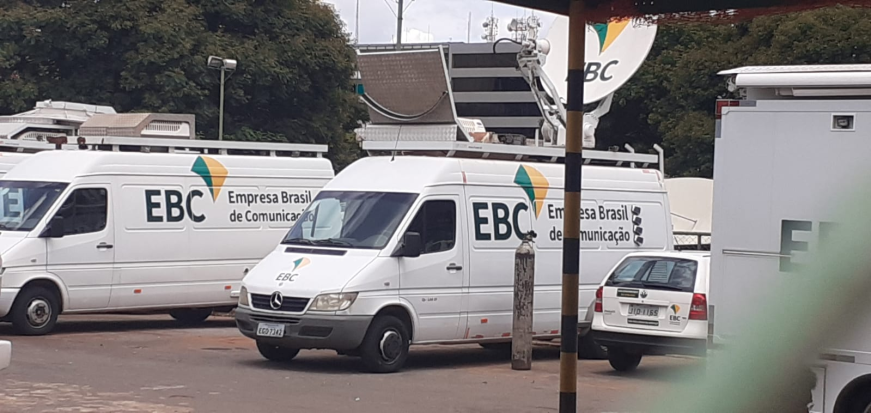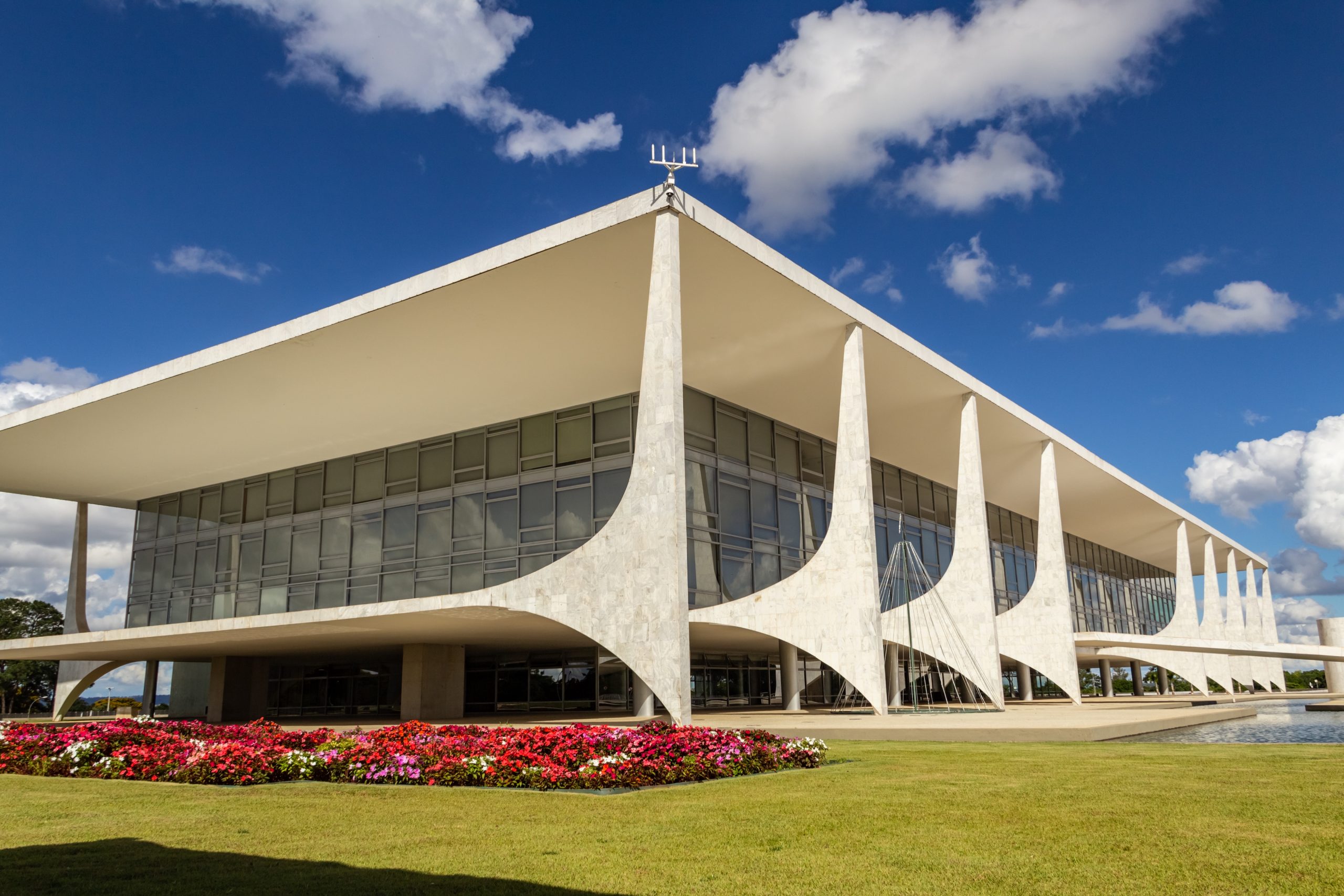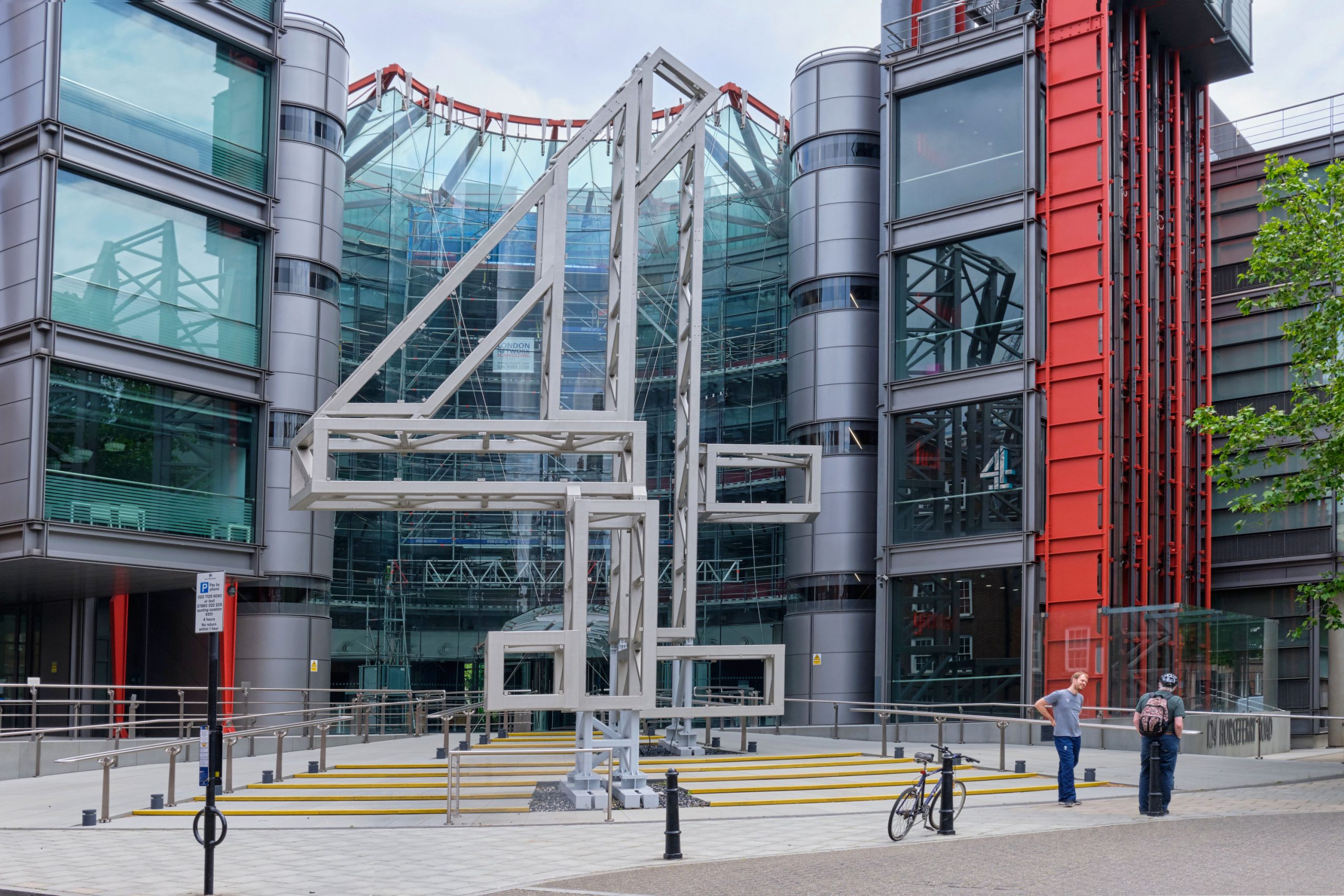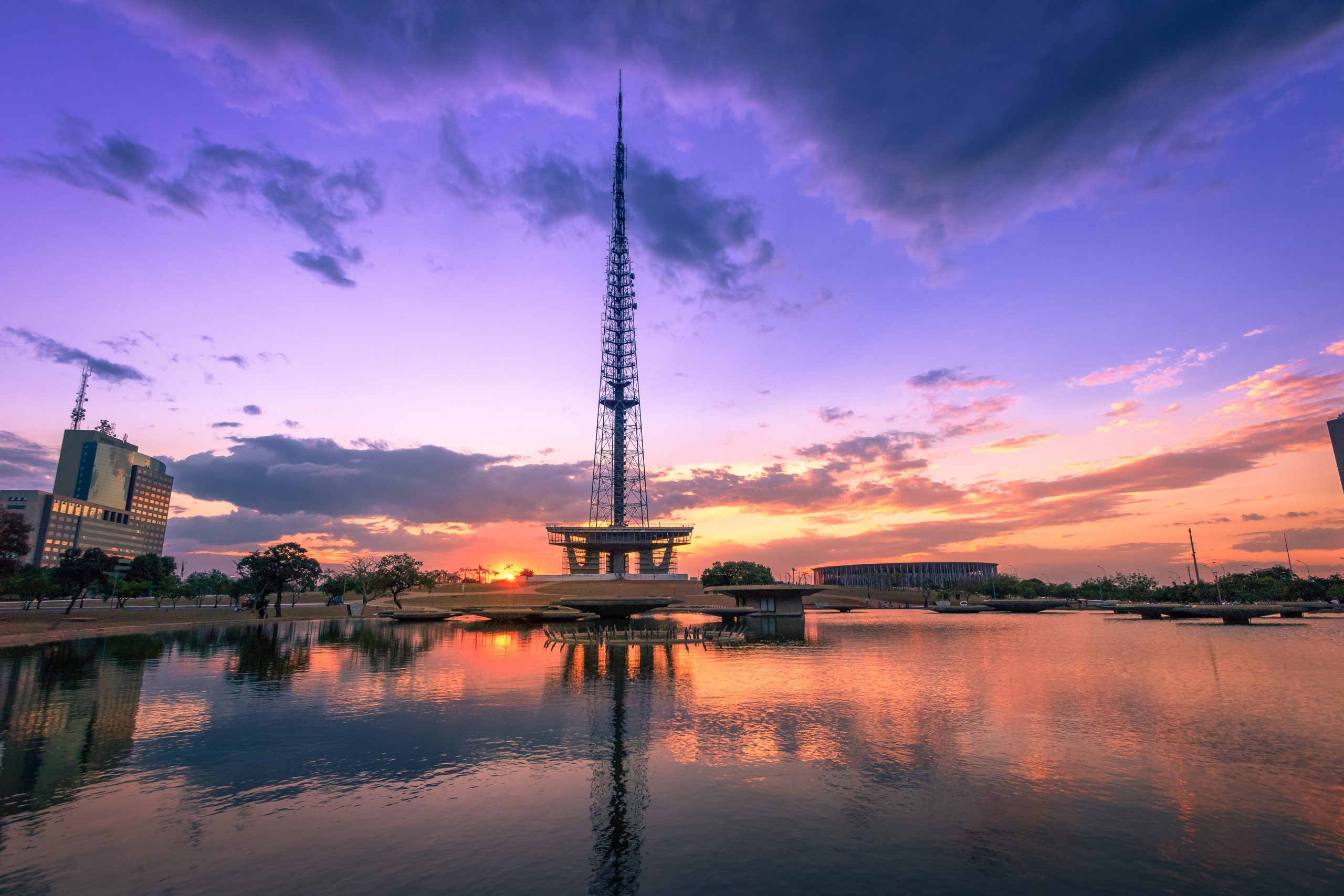EBC President resigns as organisation expands
26th October 2023
Following renewed efforts to restore editorial protections and expand the Brazilian public media’s reach in 2023, the President of EBC has been forced to resign following a controversial social media post.

– By Jamie Tahana
IN BRIEF:
- The President of Brazil’s public broadcasting network has been forced to resign after only eight months in the job.
- The resignation comes as the EBC embarks on its largest ever expansion, establishing agreements with both international and regional broadcast partners and universities.
- It follows years of political pressure on Brazilian media, and the previous government’s plan to privatise the EBC.
- But challenges still remain to enshrine political independence for its journalists.
Brazil’s public media institution has had a sudden change in leadership, with veteran journalist Hélio Doyle stepping down as President of Empresa Brasil de Comunicação (EBC) after he uploaded a controversial post on X, formerly Twitter, relating to the war in Gaza.
Doyle’s resignation on 18 October after only eight months in the post came during a significant expansion of the broadcaster under the government of President Luiz Inácio Lula da Silva. He was also in charge of efforts to restore editorial independence at the broadcaster, which had been under political attack and threatened with privatisation for several years.
The Communications Minister, Paulo Pimenta, this week announced that Jean Lima will take over as the interim president of EBC.
“During this period, Jean will guarantee the peace and continuity of the actions that we have developed in running the company,” Pimenta was quoted by Agência Brasil, an EBC service, as saying.
Read more: Privatisation off the table for EBC
Founded in October 2007, the EBC is the company in charge of Brazil’s federal broadcasting network, including both TV and radio. It controls radio networks, Rádio Nacional, Rádio MEC, Radio Agência Nacional, the news portal Agência Brasil, as well as TV channels TV Brasil and Canal Gov.
It is currently Brazil’s fifth largest broadcasting network, and also includes a range of state and university broadcasters.
Years of pressure on EBC
This year, the EBC has emerged from a tumultuous period, where it was under sustained pressure from the governments of Michel Temer and Jair Bolsonaro, whose administrations dismantled editorial protections in a move widely condemned by media freedom organisations.
The atrophy started in 2016 when the Temer government removed the EBC’s autonomous board of trustees, a move which gave the federal government more control over the production and programming of content. In a statement at the time, the EBC spoke out, calling the measure an “affront to the constitutional principles that establish public communication as a right of Brazilian society.”
Further measures introduced in 2018 gave the president the power to nominate the broadcaster’s executives, which led to the firing of then-chief executive Ricardo Melo. What followed was a sustained period of editorial interference and allegations of censorship.
A dossier of anonymous reports from EBC employees was released in 2021 by local organisations, including the National Federation of Journalists and the EBC Employees Commission, detailing 161 cases of censorship between August 2020 and July 2021, along with 89 cases of content created to exclusively reflect government views.
Subscribe toour newsletter
Keep updated with the latest public
media news from around the world
Among the examples in the dossier were the removal of quotes and context from stories, cuts to suggested agendas, the policing of tone, and the screening of various topics including human rights, the environment, stories about Indigenous peoples, and LGBT rights. It detailed 124 cases of photographs, posts, programmes or materials not being published.
Those instances of censorship increased under the government of Jair Bolsonaro, with 292 cases reported between August 2021 and July 2022. Last year, there were numerous reports of censorship in the run-up to the presidential election.
Under both these administrations, the EBC was being prepared for privatisation, with a tender process commissioned. The privatisation process was cancelled when President Luis Inacio Lula da Silva was inaugurated earlier this year.
“We know how important it is to deliver quality communications with accurate information. We live in a world and at a time in our country when quality information is vital.” – Márcia Abrahão Moura, President of the University of Brasília
The new president appointed Mr. Doyle, a veteran journalist of more than 30 years’ experience, to lead the broadcaster. One of his first moves was to work towards strengthening the news operation.
“It’s obvious that there is no censorship or forbidden topic. Each case is evaluated editorially by the newsroom,” he said.
“What we will establish are clear criteria in this editorial line, in the editing process. We will never have censorship or forbidden topics. Obviously, we’ll follow basic principles of citizenship. But, as for some clouds that sometimes appear, some grey areas, we will define them over time.”

Expansion following change in government
Since the Brazilian election, EBC has undergone the largest expansion in its history, which included the introduction of new content, the expansion of its broadcast to more than 50 municipalities and the relaunch of several radio and television channels. An international channel is expected to launch next year, targeting Brazilians living abroad.
It also worked to entrench a separation between its government communications role and independent journalism, which Mr. Doyle earlier this year said would create a clear distinction between government information and public interest journalism.
The EBC signed deals with international broadcasters, including Portugal’s RTP, Argentina’s RTA and Télam, and China’s state-run Xinhua. It has also expanded agreements with federal universities and a number of regional broadcasters. October saw the network sign a deal with state broadcasters and universities to create 72 new radio and television stations which, if successful, will see the EBC network grow to over 100.
The President of the University of Brasília, Márcia Abrahão Moura, said the challenge now was to secure the resources and sustainable funding needed to operate the broadcasters.
“We know how important it is to deliver quality communications with accurate information. We live in a world and at a time in our country when quality information is vital,” she said
But the EBC still has work to do to ensure the independence too. Just before he resigned, Mr. Doyle told the news outlet, Brasil de Fato, he faced political pressure from the Communications Minister to fire an EBC journalist for political views they had espoused before they were employed by EBC. “He was very upset, very upset and asked me to resolve the situation in the best way, he told me ‘resolve the situation’”, Mr. Doyle told BdF. The journalist was ultimately fired.
Under such circumstances, the new leadership of the EBC will find itself with a number of challenges that still need to be addressed, with the broadcaster still facing issues of public trust, and a lack of legislative protections from political interference.
Related Posts
5th January 2023
Privatisation off the table for Channel 4 and EBC
The UK government is to scrap plans to…
13th December 2022
Focus on Brazil: What lies ahead for public media?
New leadership for Brazil may signal a…
26th September 2022
Censorship, harassment, and misinformation characterise Brazil’s 2022 election
Censorship and harassment at EBC, and…


